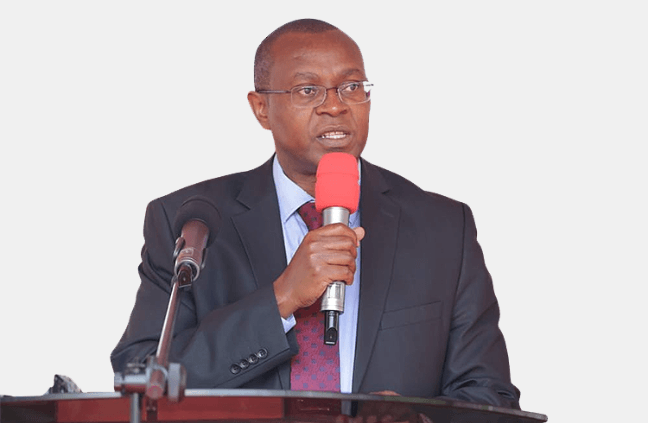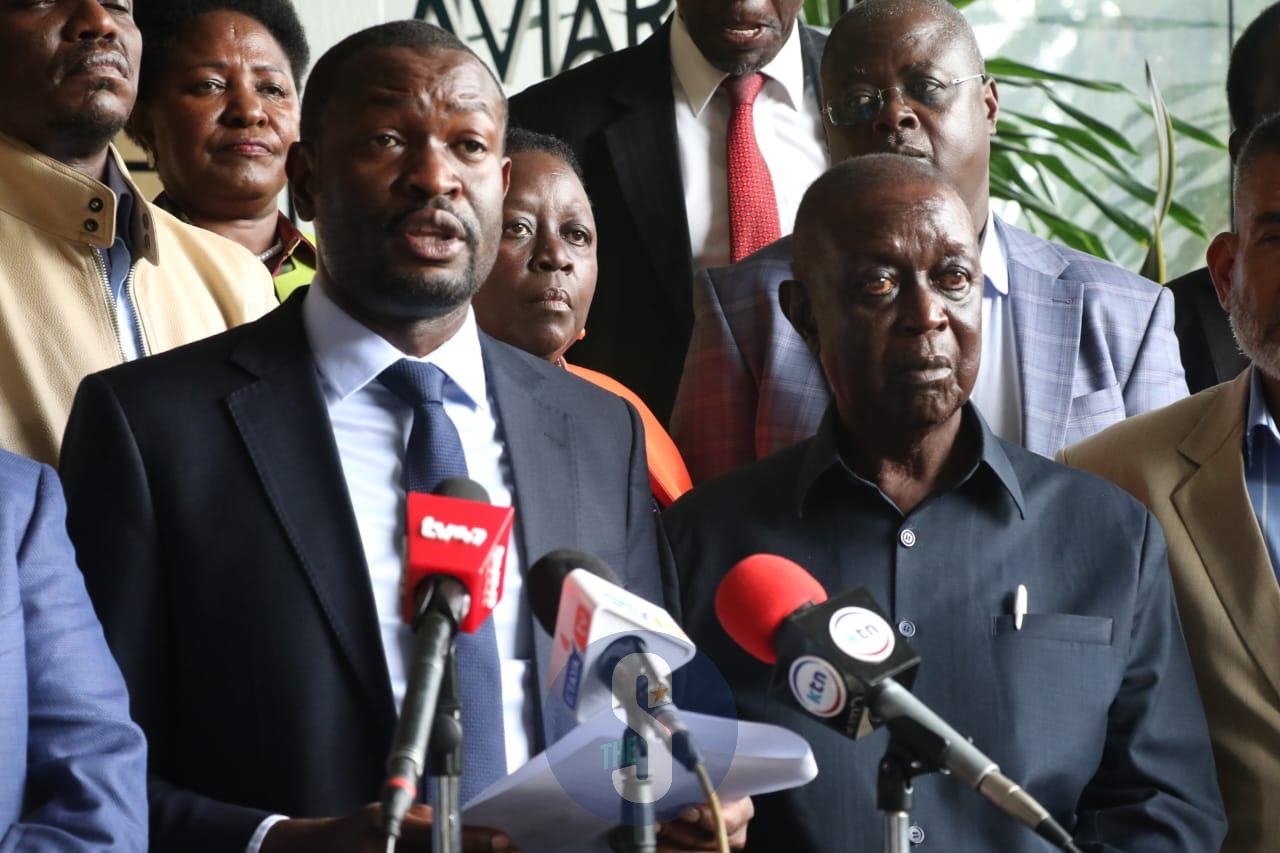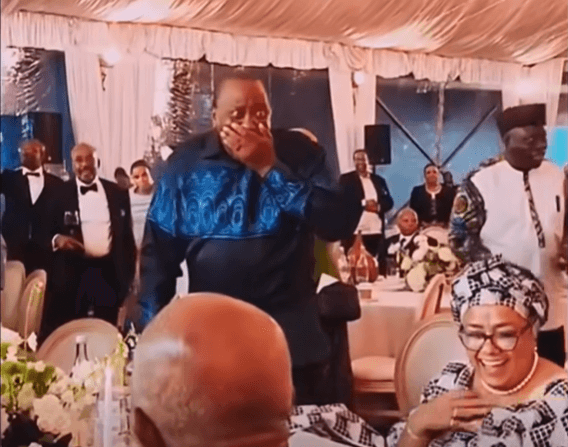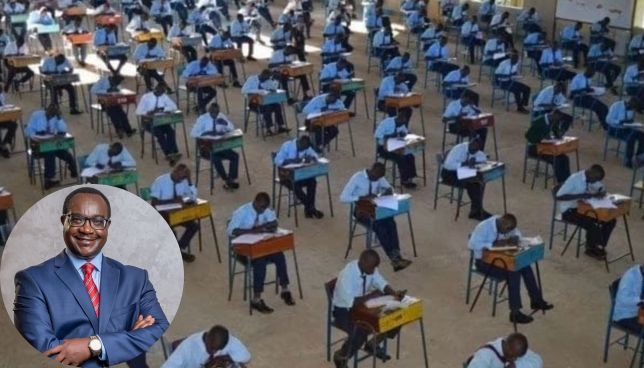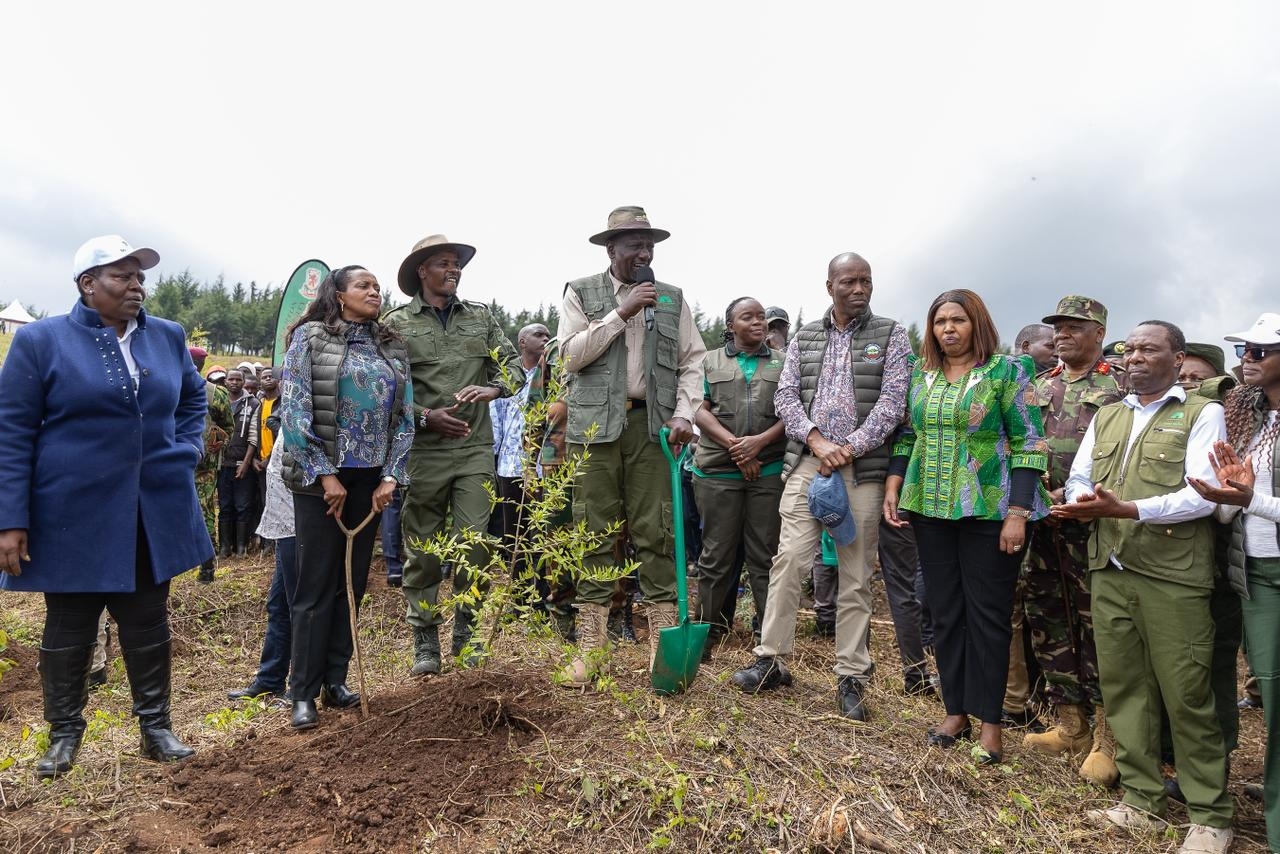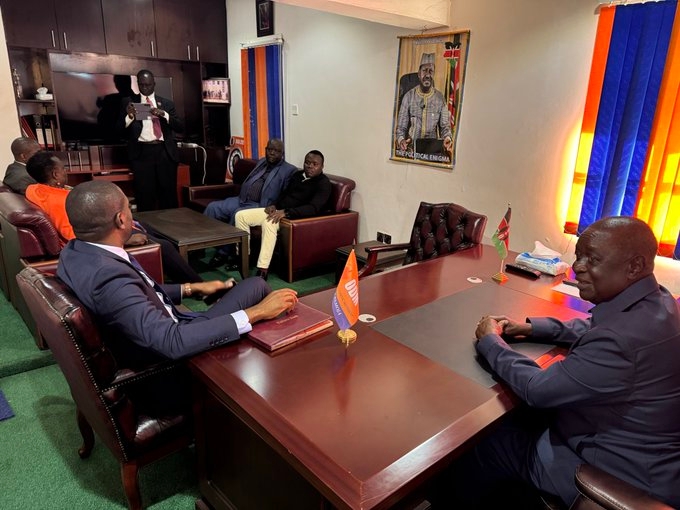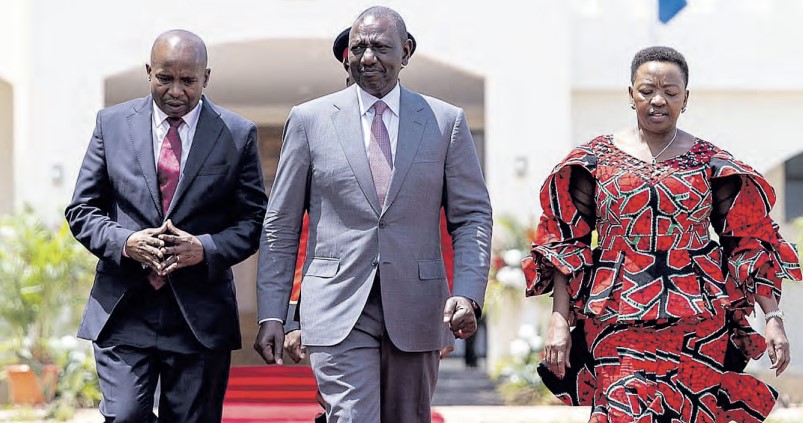
I was gobsmacked after watching impeached Deputy President Rigathi Gachagua’s interview as he exited the Karen Hospital last Sunday.
I have often posited this country is lucky to have strong democratic, security and state institutions because some of the words and deeds of our leaders are sensitive and potentially volatile and in lesser countries, they would cause instant civil wars.
Gachagua was in his element at the Karen presser. He made shocking allegations of at least two attempts by security agents to poison him, in August and September this year.
He then made sure to harp on his supposed huge role in helping President William Ruto secure power, a not-so-subtle message to his Mt Kenya base over what he perceives as betrayal of the region by the Ruto government.
One couldn’t even blink, before the former Mathira MP told the nation President Ruto should be held accountable if anything ever happened to him or his family, before appealing to the President not to kill him or his children.
Admittedly, the hospital presser came after months of a rhetoric-fuelled fallout between the President and his deputy, in which Gachagua had clearly poisoned his political base against the President and the government.
In typical fashion, even when he appeared to have dug himself deep into a hole, and the only available option was to stop, the vociferous former DO couldn’t bring himself to choose the option of silence.
There is a running joke about this online; the joke being that following his impeachment, every time one sought some sympathy for the DP, countless video clips on social media promptly negated this feeling.
It seems that for the two years Gachagua was DP, and within the campaign preceding the 2022 elections, his vile, tribal vitriol aimed at opposition figures, chiefly ODM boss Raila Odinga, and other communities, was so comprehensive that it became an almost daily ingredient of his speeches.
The footages are countless. At the time of penning this piece, the court process is underway around both the impeachment of Gachagua and the appointment of Interior CS Prof Kithure Kindiki as his replacement.
But I am certain the security organs of this republic will be mapping out the possible scenarios from Gachagua’s utterances and actions over the months, given the delicate tribal fault lines in Kenya and the deliberate manner in which the impeached DP went out to ensure his regional bloc would be a major factor in his fall.
There is one conversation yet to become mainstream item in the country’s political discourse. Using a Mt Kenya analogy, when a giant Mugumo tree falls, it brings down smaller trees around it.
When former AG and later Constitutional Affairs Minister, Charles Njonjo, fell from grace in the wake of the traitor saga in 1983, what predictably followed was a clean-up of Njonjo sympathisers within government.
Clearly, the overriding sentiment around the Ruto-Gachagua fallout suggests an element of sabotage, which means that after the impeached DP is gone, there will be a culling of his allies left in government.
Many have been sent on terminal leave. This means the departure of the former Mathira MP from the corridors of power is just in its early stages.
Gachagua once boasted of being a 50-50 shareholder in government, and his tentacles within the civil service bureaucracy runs deep.
The distinct feeling is that many will find that they are no longer welcome within the ruling system.
Especially after some of the former DP’s staff members were cited by the DCI for being behind the destructive Gen Z riots, a charge implying an attempt to overthrow the government.
What this means is that whatever damage to national harmony caused by this transition is set to last a little longer, perhaps into the next general election in 2027.
The country has just emerged from a four-month period that sorely tested the foundations of nationhood and the bounds of stability.
To move the country forward, it is important to be alive to the stark reality that the immediate post-Gachagua period will require national healing and magnanimity on the President’s side.
Unfortunately, some of the President’s closest friends, such as Kapseret MP Oscar Sudi, do not conform to this reality.
His social media pages have been awash with Gachagua taunts that do nothing to help restore the environment required for healing.
The 2013 general election will go on record as the window through which the two-tribe political doctrine took root in Kenya.
Riding on a winning ticket fuelled by an overdose of tribal rhetoric arising from the then-impeding trials of both presidential candidate Uhuru Kenyatta and his running mate, William Ruto, the vibe around the supremacy of Kikuyu-Kalenjin interests in government is what created the opening for the Gachagua brand of politics ahead of the 2022 elections.
This poisonous philosophy, unfortunately, is growing like a multiple-headed dragon, endangering the national fabric. Professor Kithure Kindiki as the next DP is an inspired choice.
He is everything Gachagua was not. Where the outgoing Interior CS is measured in words, meticulous in action and not prone to unnecessary public pronouncements, his predecessor was the typical village hero; beholden to regional supremacy and unending political speeches.
Prof Kindiki, having spent two years at Interior and consuming national intelligence, will certainly be aware that replacing Gachagua is the easy part.
The more demanding job will be to not only help unite the country after such a divisive period, but also to restore some semblance of dignity and respect to the office, the two items Gachagua took away from it.
Be that as it may, it is important to understand that the impeachment process of the former DP has come with some level of damage to the Ruto regime, in ways that may not be remedied soon.
For instance, even without seeking to establish the veracity of his claims, one must worry about revelations that there are people within the security forces, who consider the assassination of a sitting DP such a small matter as to expedite in a casual poisoning incident during a presidential tour.
It therefore begs the question: how entrenched is this careless and utterly naïve gang that doesn’t consider the national security implications of its actions?
In fact, given the sensitivity and grave nature of this claim alone, former DP Gachagua has to be compelled to substantiate the claims at the earliest possible opportunity.
If there are security agents in our midst, the departure of the former Mathira MP should not blind the country from going to the bottom of the matter.
The infamous abductions that have been happening across the country have already painted a negative image of the security services.
On top of this, an assassination squad running around with poison, is the last thing this country needs now, especially one that doesn’t care about the high office whose holder it targets.
To move forward from this
season, we will require healing, preceded by an acknowledgement that
we have been lucky to achieve it as
one nation, in the first place.



